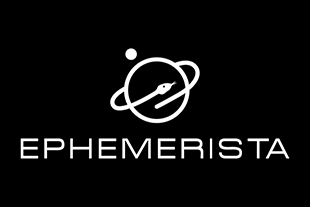Note: Lox is under active development and does not yet have a stable release. The API of all crates is subject to significant change.
Lox exposes a comprehensive astrodynamics API at varying levels of granularity. The high-level interface offered
by lox-space is designed specifically for mission planning and analysis, while crates like lox-time, lox-earth
and lox-orbits provide tools for advanced users.
- A fully featured space mission simulator backend.
- Python bindings for interactive use.
- Tools for working with time in astronomical and terrestrial time scales.
- Define orbits as Keplerian elements or state vectors in different coordinate frames.
- Ephemeris, size and shape data for all major celestial bodies.
- Ingest and interpolate Earth orientation parameters with ease.
- Extensible – bring your own time scales, transformation algorithms, data sources and more.
The entrypoint to the Lox ecosystem, suitable for most use cases. Provides a high-level interface for mission planning and analysis. Also includes Lox's Python bindings.
Tools for working with time in all commonly-used astronomical time scales based on a high-precision timestamp representation. Offers leap-second aware conversion from UTC to continuous time scales.
Provides structs representing all major celestial bodies, conveniently categorized by a variety of traits exposing SPICE-derived data.
Essential algorithms for Earth-centric astrodynamics, including nutation-precession models, Earth rotation angle, CIP and CIO locations, and coordinate transformations.
Parses ephemeris data from external sources such as SPICE kernels.
Utilities for reading and writing data in various formats.
A collection of mathematical utilities used across the Lox ecosystem.
A next-generation, open-source space mission simulator commissioned by the European Space Agency.
Liquid oxygen—abbreviated LOx, LOX or Lox in the aerospace, submarine and gas industries—is the liquid form of molecular oxygen. It was used as the oxidizer in the first liquid-fueled rocket invented in 1926 by Robert H. Goddard, an application which has continued to the present. Wikipedia

